Unlocking the Earth’s Black Gold: A Global Exploration of Oil Reserves
Related Articles: Unlocking the Earth’s Black Gold: A Global Exploration of Oil Reserves
Introduction
With enthusiasm, let’s navigate through the intriguing topic related to Unlocking the Earth’s Black Gold: A Global Exploration of Oil Reserves. Let’s weave interesting information and offer fresh perspectives to the readers.
Table of Content
Unlocking the Earth’s Black Gold: A Global Exploration of Oil Reserves

The world runs on oil. This ubiquitous fossil fuel powers our transportation, fuels our industries, and underpins much of our modern way of life. Understanding the distribution of oil reserves across the globe is crucial for comprehending global energy dynamics, geopolitical complexities, and the future of energy security. This comprehensive exploration delves into the world’s oil reserves, mapping their locations, analyzing their significance, and investigating their potential impact on the global energy landscape.
Mapping the World’s Oil Reserves: A Visual Guide
A visual representation of global oil reserves provides a powerful tool for understanding their distribution. The map reveals a stark geographical disparity, with certain regions holding a disproportionate share of the world’s known reserves. The Middle East, particularly the Arabian Peninsula, emerges as the undisputed king of oil reserves, boasting approximately 60% of the world’s total. This dominance is driven by vast, easily accessible oil fields, making the region a crucial player in the global energy market.
Beyond the Middle East: A Diverse Landscape of Reserves
While the Middle East holds the largest reserves, the world’s oil reserves are spread across diverse geographic locations. North America, particularly the United States and Canada, possesses significant reserves, primarily in shale formations. South America, with Venezuela leading the charge, also holds substantial reserves. Asia, with China and Russia as key players, boasts a significant share, while Africa and Oceania contribute to the global pool of reserves.
The Importance of Oil Reserves: Fueling the World’s Engine
Oil reserves are of paramount importance to the global economy. They fuel the world’s transportation systems, powering cars, ships, planes, and trains. Oil is also a critical ingredient in the production of plastics, fertilizers, and countless other essential products. The economic and social implications of oil reserves are far-reaching, influencing global trade, geopolitical alliances, and the development of entire nations.
The Global Energy Landscape: Challenges and Opportunities
The global energy landscape is evolving rapidly, driven by factors such as technological advancements, environmental concerns, and geopolitical shifts. While oil remains the dominant energy source, its future is intertwined with the rise of renewable energy sources and the growing demand for cleaner energy solutions. The challenge lies in navigating this transition while ensuring energy security and economic stability.
Understanding the Dynamics: Factors Influencing Oil Reserves
The distribution and availability of oil reserves are influenced by several key factors:
- Geological Formation: Oil reserves are formed over millions of years in specific geological environments, primarily sedimentary basins where organic matter accumulates and transforms under pressure and heat.
- Exploration and Technology: Advancements in exploration technologies, such as seismic imaging and drilling techniques, have played a crucial role in discovering and accessing new reserves.
- Political and Economic Factors: Political stability, investment policies, and economic incentives all influence the development and utilization of oil reserves.
- Environmental Concerns: The environmental impact of oil extraction and consumption, including climate change and pollution, are driving the search for alternative energy sources.
FAQs: Demystifying the World of Oil Reserves
1. What are the largest oil reserves by country?
The top five countries with the largest proven oil reserves are:
- Venezuela: 303.8 billion barrels
- Saudi Arabia: 298.3 billion barrels
- Canada: 170.1 billion barrels
- Iran: 158.4 billion barrels
- Iraq: 145.2 billion barrels
2. How are oil reserves measured?
Oil reserves are measured in barrels, with one barrel equaling 42 US gallons. Proven reserves refer to the estimated amount of oil that can be recovered using current technology and economic conditions.
3. What is the relationship between oil reserves and oil production?
While reserves represent the potential amount of oil that can be extracted, oil production refers to the actual amount of oil extracted and refined. Production levels are influenced by factors such as economic viability, technological advancements, and political considerations.
4. What is the future of oil reserves?
The future of oil reserves is uncertain, influenced by factors such as technological advancements, the rise of renewable energy sources, and global demand. While oil will likely remain an important energy source for the foreseeable future, its dominance is expected to decline as the world transitions to a more sustainable energy mix.
5. What are the environmental implications of oil extraction?
Oil extraction and consumption have significant environmental impacts, including:
- Greenhouse gas emissions: Burning oil releases carbon dioxide and other greenhouse gases, contributing to climate change.
- Pollution: Oil spills and leaks can contaminate water sources and damage ecosystems.
- Habitat destruction: Oil extraction activities can disrupt habitats and displace wildlife.
Tips: Navigating the Complexities of Oil Reserves
- Stay informed: Follow news and research related to oil reserves, energy markets, and global energy trends.
- Understand the geopolitical context: The distribution and utilization of oil reserves are often intertwined with political and economic dynamics.
- Explore alternative energy sources: Investigate the potential of renewable energy sources and their role in the transition to a sustainable energy future.
- Support sustainable practices: Choose energy-efficient products and services and advocate for policies that promote renewable energy and reduce reliance on fossil fuels.
Conclusion: A World Reliant on Black Gold
Oil reserves remain a cornerstone of the global energy landscape, driving economies and shaping international relations. Understanding their distribution, significance, and future prospects is essential for navigating the complex challenges and opportunities facing the world’s energy systems. As we move towards a more sustainable future, the role of oil reserves will undoubtedly evolve, but their impact on the global energy landscape will continue to be felt for years to come.
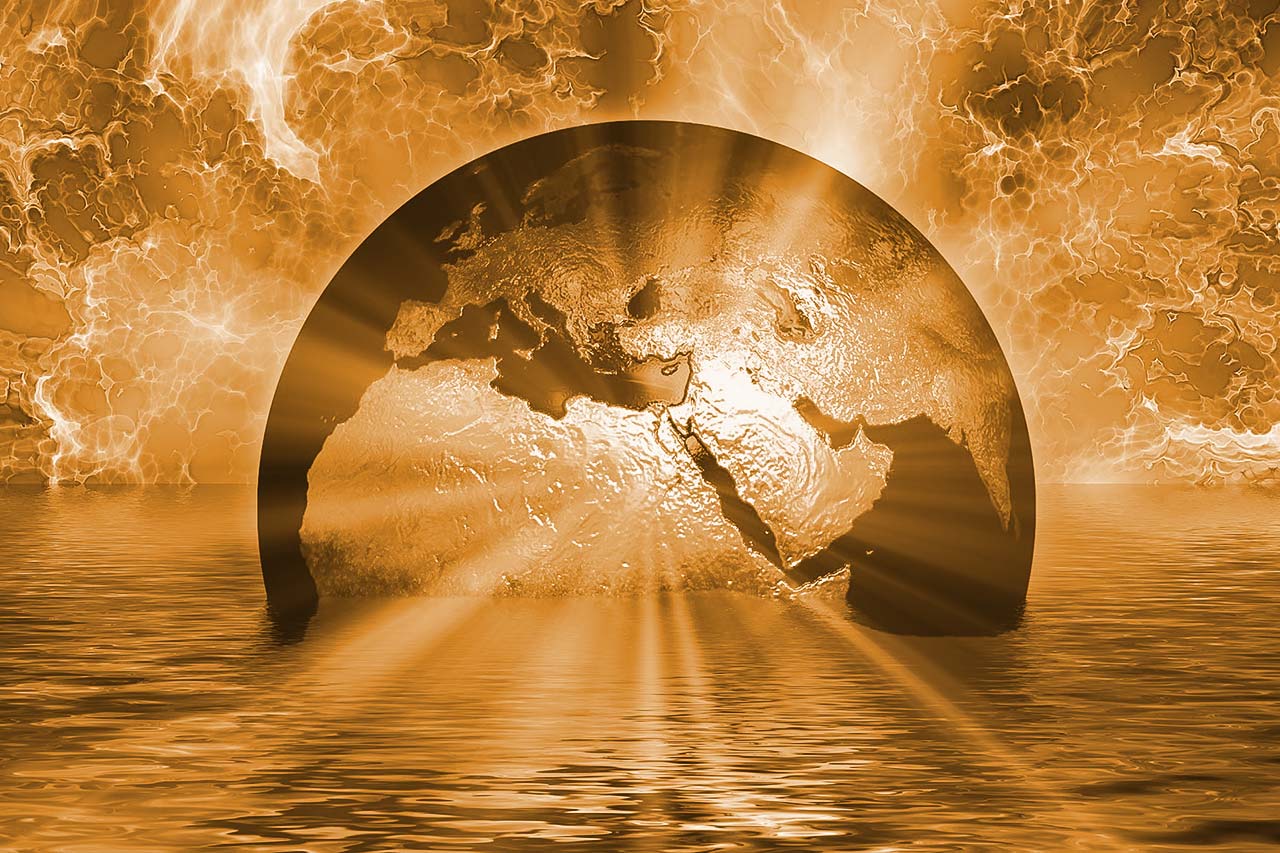
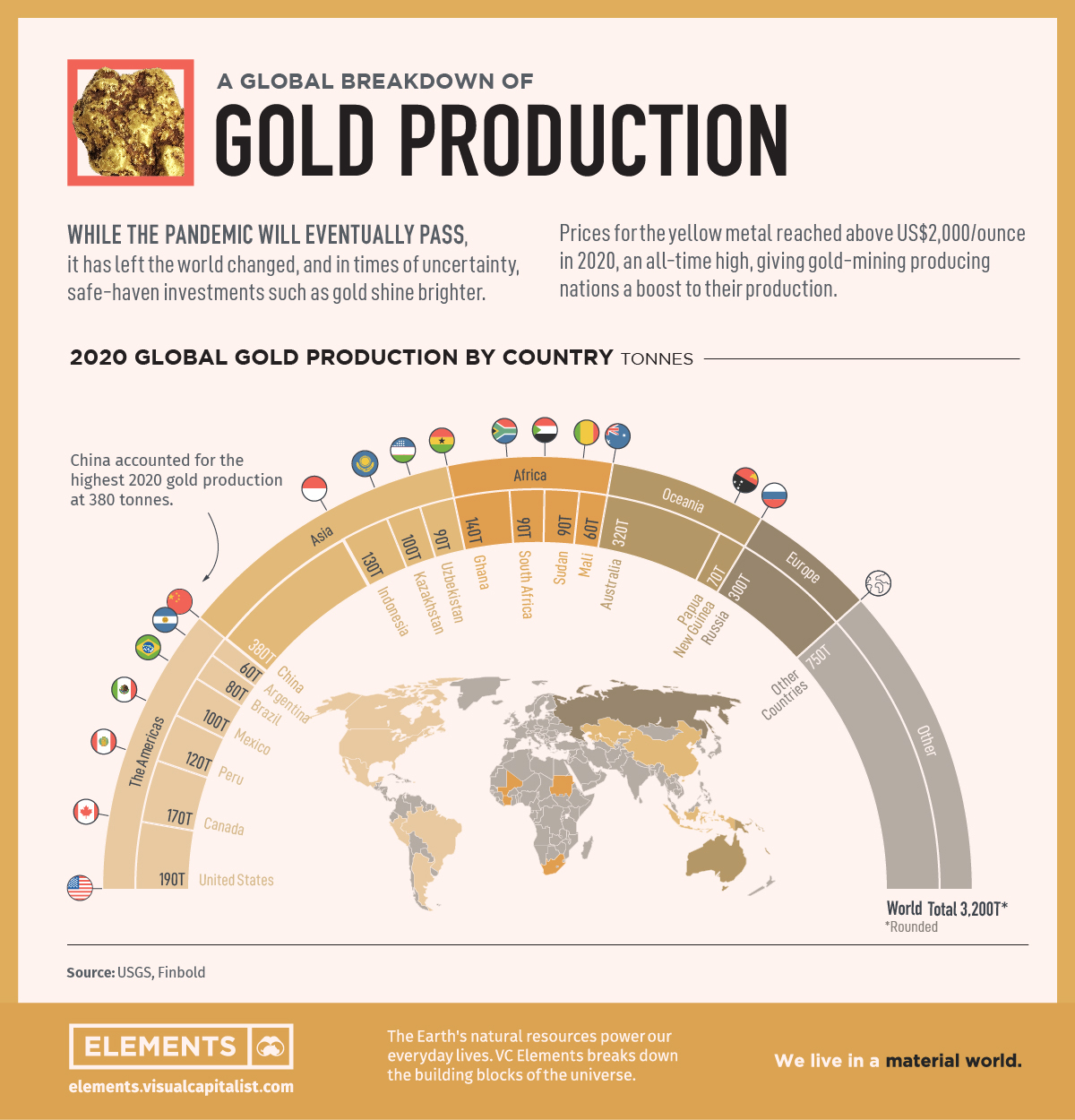
![The World’s Top Gold Mines [Infographic]](https://specials-images.forbesimg.com/imageserve/5f72edce3895775706144241/960x0.jpg?fit=scale)
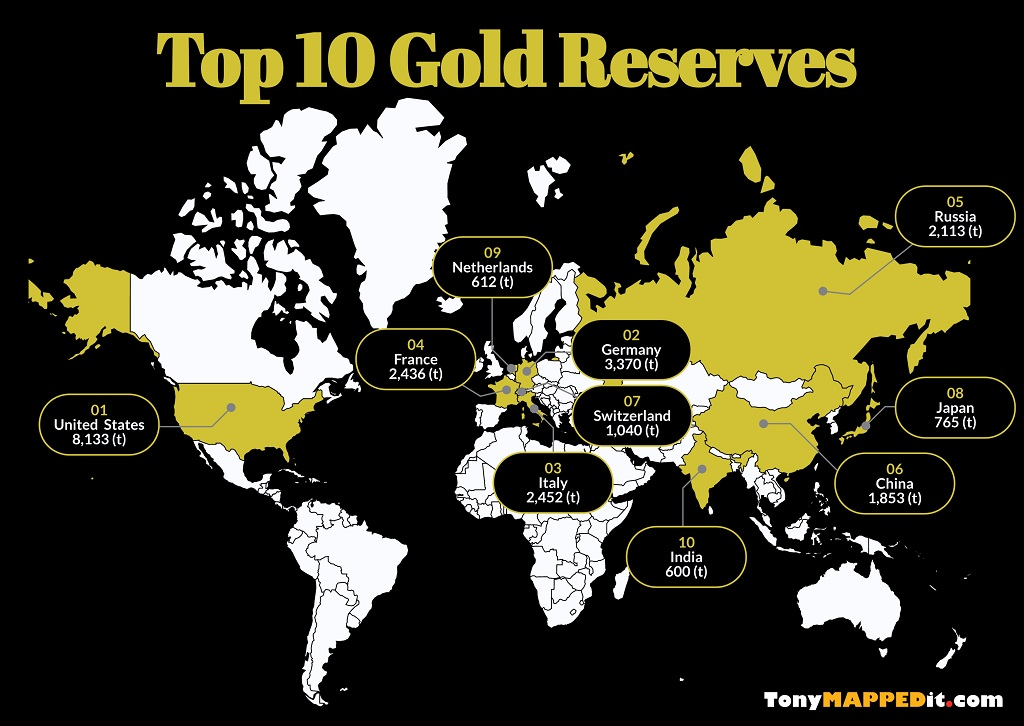
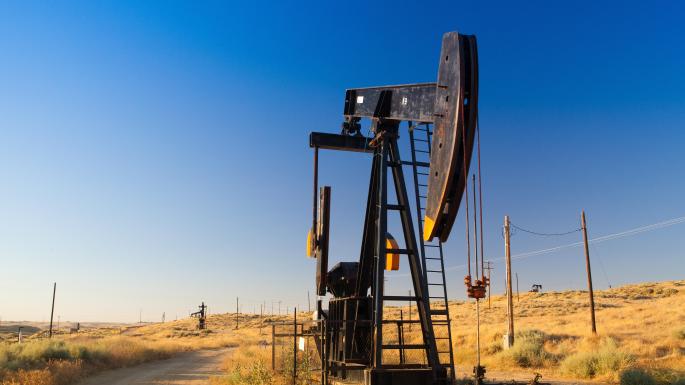
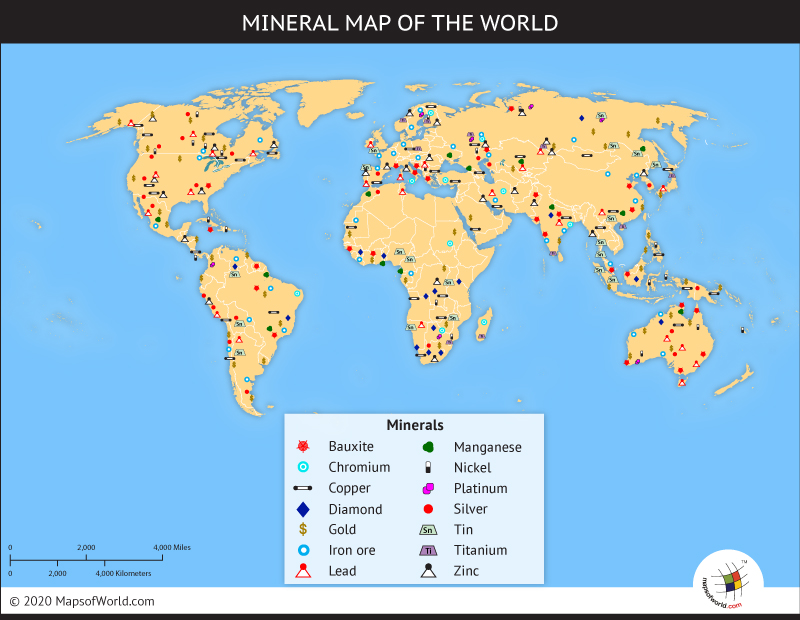
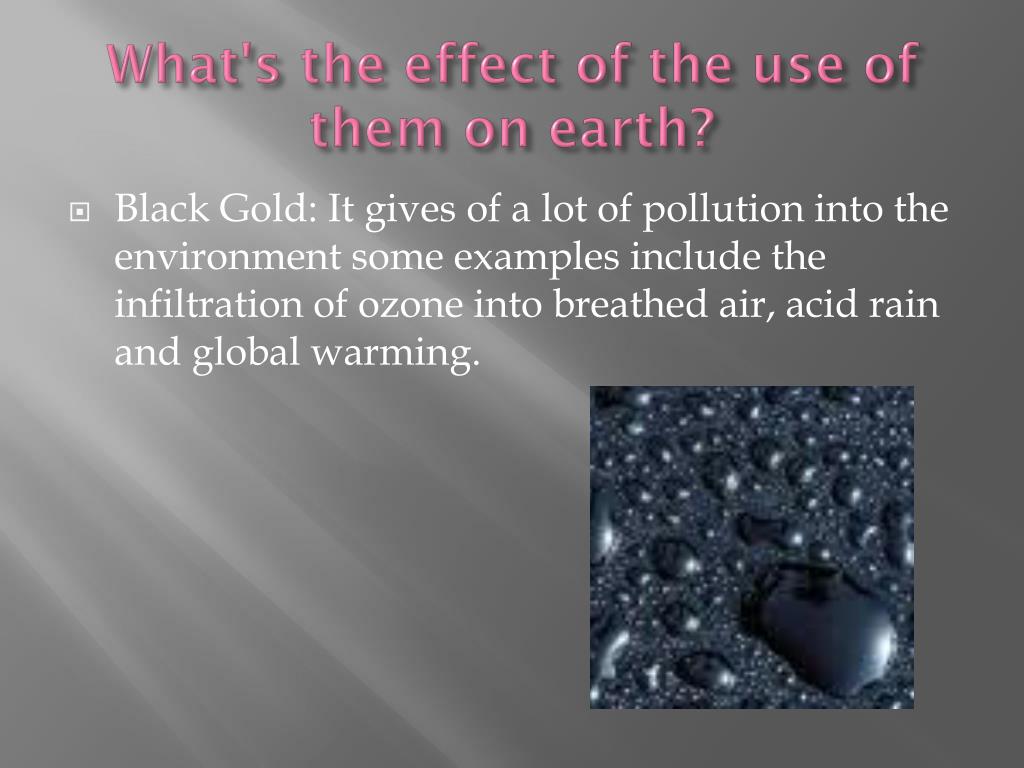
Closure
Thus, we hope this article has provided valuable insights into Unlocking the Earth’s Black Gold: A Global Exploration of Oil Reserves. We appreciate your attention to our article. See you in our next article!